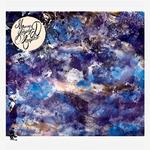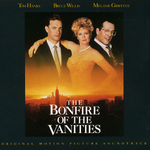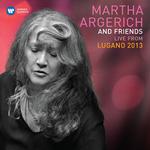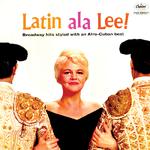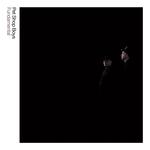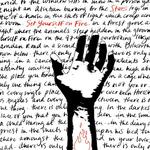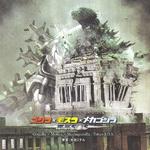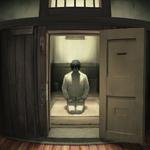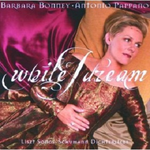姓名: Qntal 英文名:- 性别:- 国籍:德国 出生地:- 语言:- 生日:- 星座:- 身高:- 体重:-
The story of the groups formation is legendary and has been told in many articles and interviews before. In 1991, Michael Popp and Ernst Horn developed the concept of combining medieval melodies and songs with electronic music. As singer they chose Syrah, alias Sigrid Hausen, who is one of the leading interpreters of medieval music. Contrary to many of her colleagues, she had the courage as well as the power for musical border crossing and therefore was very open-minded to the idea of doing Crossovers. At that time, the term crossover was used in independent music very often intending to change traditional listening habits with new musical-stilistical combinations. Thus the trio was founded but without a name yet. Shortly after Syrah joined the band, she dreamt of letters written on the wall reading QNTAL, a word that does not exist in any language, and therefore being perfect for a kind of music that did not exist so far either. Soon afterwards, the first song was published: "Por mau tens" a song from troubadour Thibaut of Navarra in a new arrangement, strongly influenced by an unfortunately totally forgotten noise band called My Bloody Valentine. Afterwards, QNTAL lay aside for a while, because other more commercial projects came along and last not least because the reaction of so-called experts was not really over-excited. But in 1992 time was ripe: until then Syrah had searched for more texts and tunes, one song or the other was borrowed from the repertoire of Estampie, composed and arranged by Michael Popp and Ernst Horn and, finally, in autumn the album QNTAL was released without big advertisement or promotion. It was more of a secondary project to the musicians and thus it came as a great surprise that the album was a hit in the wave-scene. But also other listeners were soon admirers and lovers of QNTAL. The song Ad mortem festinamus has been a club hit for years now. However, it was the quiet, melancholy songs that enthused many listeners and that brought QNTAL on the same level with Dead Can Dance. In fact, the three musicians had agreed upon not going live on stage with QNTAL as they thought that the mood of the music could not be presented in a live concert. But in 1995, when the second CD was finished and Deine Lakaien were about to go on tour (Ernst Horn and Michael Popp were members of this band), the idea of a double concert was born. QNTAL as first act with smooth transition to Deine Lakaien. There were two tours held in this constellation in 1996 with overwhelming success. The Palestine Song became QNTAL IIs hit, but like QNTAL the whole CD sounds like on piece. The style has been developed further but the expression of the music and especially Syrahs voice touched the fans hearts even more than before. Still, there was no direct follow-up to this success as Ernst Horn wanted to primarily care for the progress of Deine Lakaien. For this and also for private reasons, Ernst left the band. Replacement was found in the Berlin musician and producer Phillip Groth, who had made a name for himself with Berlin Vielklang publishing company and its labels. Grown up in a family where classical music was important, he easily understood QNTALs special music. Already the first attempts to arrange and produce showed that Phil was the right man. Certainly, the musical scene has developed during the past decade and especially the music. However, the basic concept and the temper of the music remain the same, only medieval texts are sung, and the electronic arrangements have occasional shades of medieval instruments. On Pentecost 2002, QNTAL made its first appearance since 1996 during a Wave-Gothic Meeting. Although the concert took place on the outskirts of the festival area and Syrahs vocal chords suffered from a cold, the great number of the audience and its reaction showed how close this band was the their hearts. Buy QNTAL IV: Ozymandias today!


